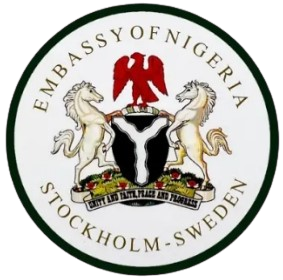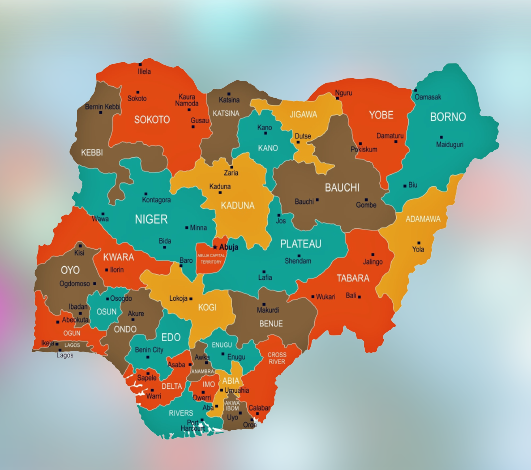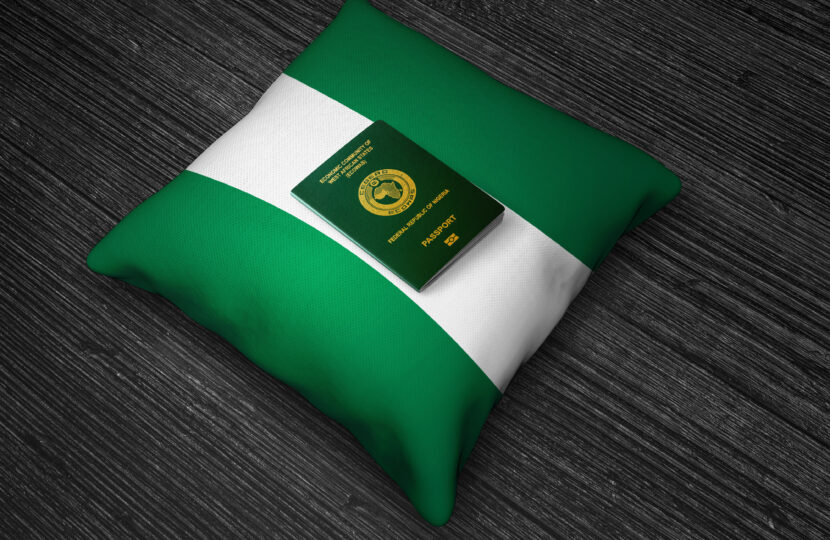Nigeria’s Ethnic Diversity and Population Composition
Nigeria, located in West Africa, is a nation known for its rich cultural diversity. It is home to a large number of ethnic groups, with the Hausa-Fulani, Yoruba, and Igbo being the three largest, representing approximately 70 per cent of the population. Additionally, there are several other significant groups, each with over a million members, such as the Kanuri, Tiv, and Ibibio. The remaining 20 per cent of the population is comprised of over 300 smaller ethnic groups. Despite the differences, these groups share commonalities that create a sense of unity among Nigerians.
Ethnic Groups in Nigeria
Hausa-Fulani
The Hausa-Fulani people are primarily found in northern Nigeria. They have a rich cultural heritage and are known for their trading and agricultural practices. The Hausa-Fulani embrace Islam as their predominant religion and have made significant contributions to Nigeria’s political landscape.
Yoruba
The Yoruba people predominantly inhabit the southwestern parts of Nigeria. They have a diverse cultural heritage, with a rich history in art, music, and traditional religion. Yoruba society is known for its intricate social structures and is deeply rooted in its indigenous beliefs.
Igbo
The Igbo, also known as Ibo, are concentrated in the southeastern states of Nigeria. They have a vibrant culture with a strong emphasis on education and entrepreneurship. The Igbo people have contributed significantly to Nigeria’s economic development, particularly in commerce and industry.
Other Significant Ethnic Groups
Apart from the major ethnic groups, Nigeria is home to several other significant groups. These include the Kanuri, Tiv, and Ibibio, among others. Each of these groups has its own distinct cultural practices, languages, and traditions.
Language Diversity in Nigeria
Nigeria is linguistically diverse, with over 400 native languages spoken across the country. While English serves as the official language and is widely spoken, especially among the educated population, many native languages face the threat of extinction. Efforts are being made to preserve and promote indigenous languages to maintain Nigeria’s linguistic heritage.
Population Statistics
Nigeria has the largest population in Africa, and its people have one of the highest population densities in the world. The country’s population is characterized by a relatively high birth rate and a significant youth demographic.
Population Density and Size
In 2002, Nigeria’s estimated population was 129,934,911, with an average density of 141 persons per square kilometer. The population size has been growing rapidly, and by 2025, it is projected to reach 204 million, almost double the current size.
Birth Rate, Death Rate, and Life Expectancy
The birth rate among Nigerians is approximately 43.26 per 1000 people, while the death rate is 12.01 per 1000 people. The life expectancy for the total population is 55.98 years, with 54.69 years for males and 57.3 years for females.
Fertility Rate and Population Growth Rate
Nigeria has a high fertility rate, with an average of 6.31 children born per woman. The population growth rate stands at 3.16 percent annually, indicating a rapid pace of growth and little change from the 1970s.
Age Distribution
Nearly half of Nigeria’s population is younger than 15 years, reflecting a significant youth demographic. This youthful population presents both opportunities and challenges for the country’s development.
Religious Diversity in Nigeria
Religion holds great importance for the Nigerian people. Christianity and Islam are the two dominant religions, each practiced by approximately 45 percent of the population. The remaining 10 percent encompasses various indigenous religions and a mix of other beliefs. Nigeria’s multi-ethnic culture has historically been home to various religions and deities, including ancestral worship practiced by many tribal groups.
Unity Among Nigerian People
Despite Nigeria’s ethnic and religious diversity, a unique sense of unity exists among its people. This unity is driven by shared experiences, cultural practices, and a collective identity as Nigerians. It transcends ethnic and religious boundaries and contributes to the country’s resilience and cultural richness.
Population Growth and Projections
Nigeria’s population has been growing rapidly, fueled by high birth rates and decreasing mortality rates. The projected population growth indicates that Nigeria will continue to face challenges in terms of infrastructure, healthcare, and economic development. However, it also presents opportunities for harnessing the potential of a young and dynamic population.
Population Distribution
Population densities vary across Nigeria. The highest densities are found in the Igbo heartland in the southeast, despite challenging ecological conditions. The intensively farmed zones around major Hausa cities in the north, such as Kano, Sokoto, and Zaria, also have high population densities. Other areas with significant populations include Yorubaland in the southwest, the Central Jos Plateau, and the Tiv homeland in Benue State. However, some regions, such as the dry Northeast and parts of the Middle-belt, have relatively low population densities.
Factors influencing population distribution include ecological conditions, historical legacies, and economic opportunities in different regions.
Conclusion
Nigeria’s population is characterized by ethnic diversity, linguistic richness, and religious plurality. Despite these diversities, Nigerians find unity in their shared experiences and cultural heritage. As Nigeria’s population continues to grow rapidly, the country faces both challenges and opportunities in managing its resources, infrastructure, and social development to create a prosperous future for all Nigerians.
FAQs
- What are the three largest ethnic groups in Nigeria?
- The three largest ethnic groups in Nigeria are the Hausa-Fulani, Yoruba, and Igbo.
- How many native languages are spoken in Nigeria?
- Over 400 native languages are spoken in Nigeria, although some are endangered.
- What is the official language of Nigeria?
- The official language of Nigeria is English.
- What are the dominant religions in Nigeria?
- Christianity and Islam are the dominant religions in Nigeria.
- What is the projected population of Nigeria by 2025?
- Nigeria’s population is projected to reach 204 million by 2025, almost double the current size.



